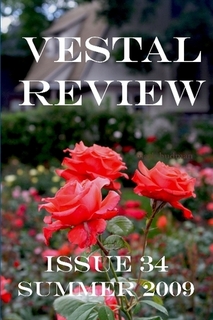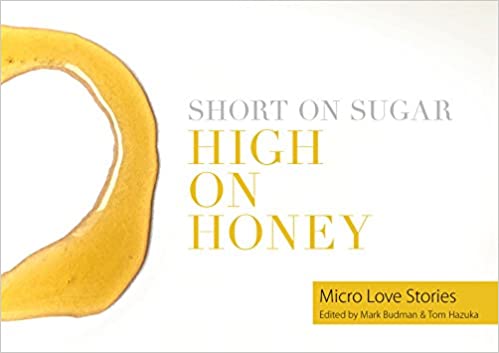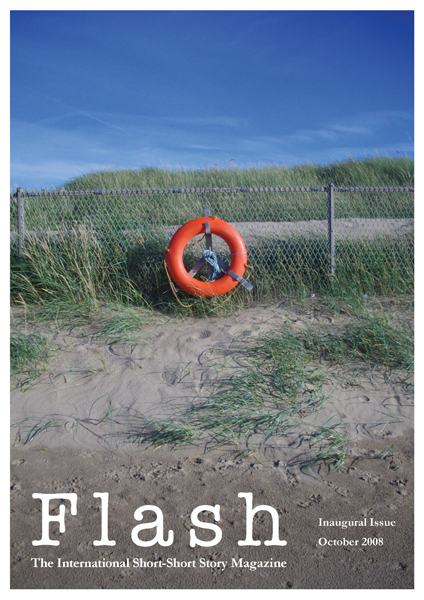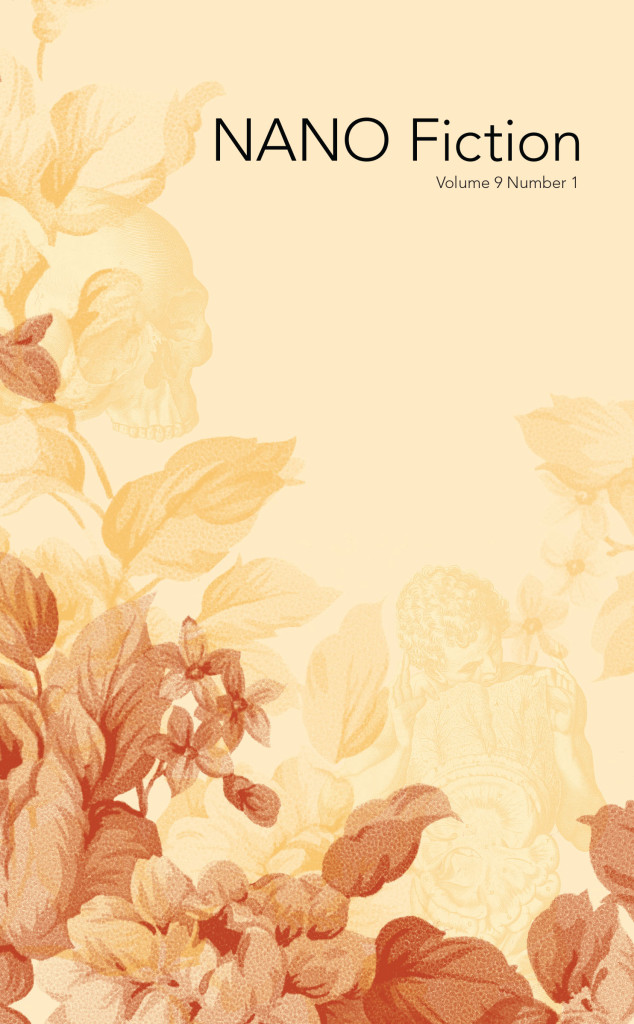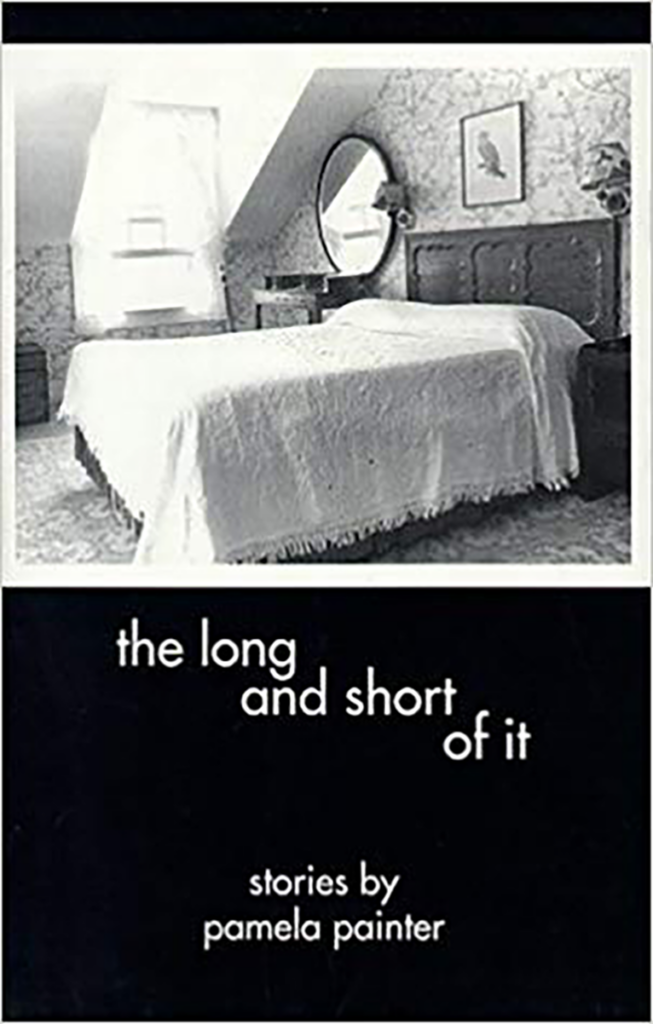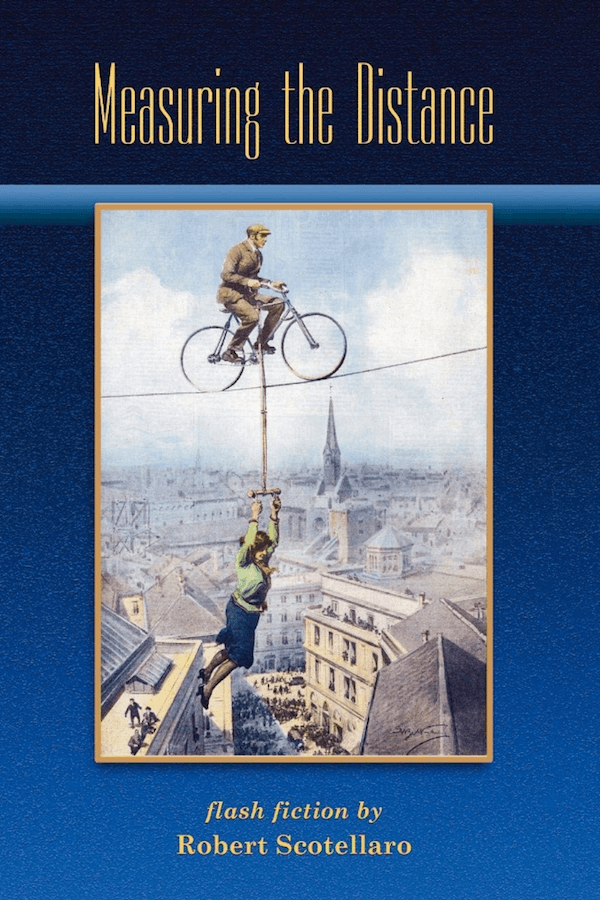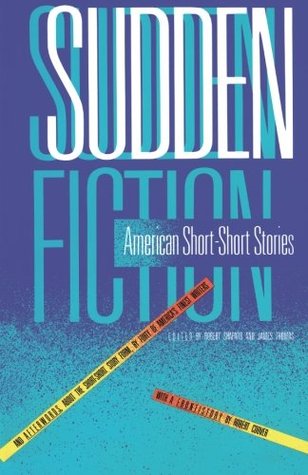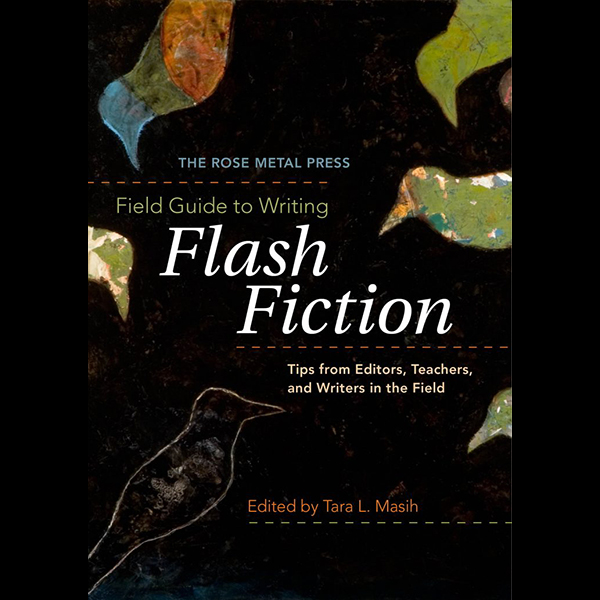
More than 250 books and journals were recently donated to establish a Flash Fiction Collection at the Harry Ransom Center. The collection includes anthologies, journals, chapbooks, single-author collections, and books about the writing of flash fiction.
In her introduction to The Rose Metal Press Field Guide to Writing Flash Fiction (2009), Tara Lynn Masih writes of the form: “a flash is simply a story in miniature, a work of art carved on a grain of rice—something of import to the artist or writer that is confined and reduced… using the structural devices of prose line and paragraph form with the purpose of creating an intense emotional impact.” Robert Shapard notes in the introduction to Sudden Fiction: American Short-Short Stories (1986): “Highly compressed, highly charged, insidious, protean, sudden, alarming, tantalizing, these short-shorts confer form on small corners of chaos, can do in a page what a novel does in two hundred.”
Titles represented in the newly established Flash Fiction Collection are wide ranging and include such works as Marie de Nervaud Dun’s Harvest of Short Shorts (1968), Sylvia Kamerman’s Writing the Short Short Story (1942), Robley Wilson, Jr.’s Four-Minute Fictions: 50 Short-Short Stories from the North American Review (1987), and William Ransom Wood’s Short Short Stories (1951), among many others. The collection includes issues of journals and periodicals such as Flash: The International Short-Short Story Magazine, NANO Fiction, Quick Fiction, and Vestal Review.
The Flash Fiction Collection was generously given to the Ransom Center by five founding donors, all of whom are prominent writers and editors of flash fiction: Tom Hazuka, Tara Lynn Masih, Pamela Painter, Robert Scotellaro, and Robert Shapard. We are deeply grateful to these donors for contributing significant publications from their personal collections to the Center. Materials in the new Flash Fiction Collection complement and enrich other flash fiction writings already housed in the Ransom Center’s book holdings and in our extensive collection of literary archives.
Once cataloged, the newly established Flash Fiction Collection will be available for research in the Center’s Reading and Viewing Room. It will be an extensive and enduring resource for the study of flash fiction for years to come.
